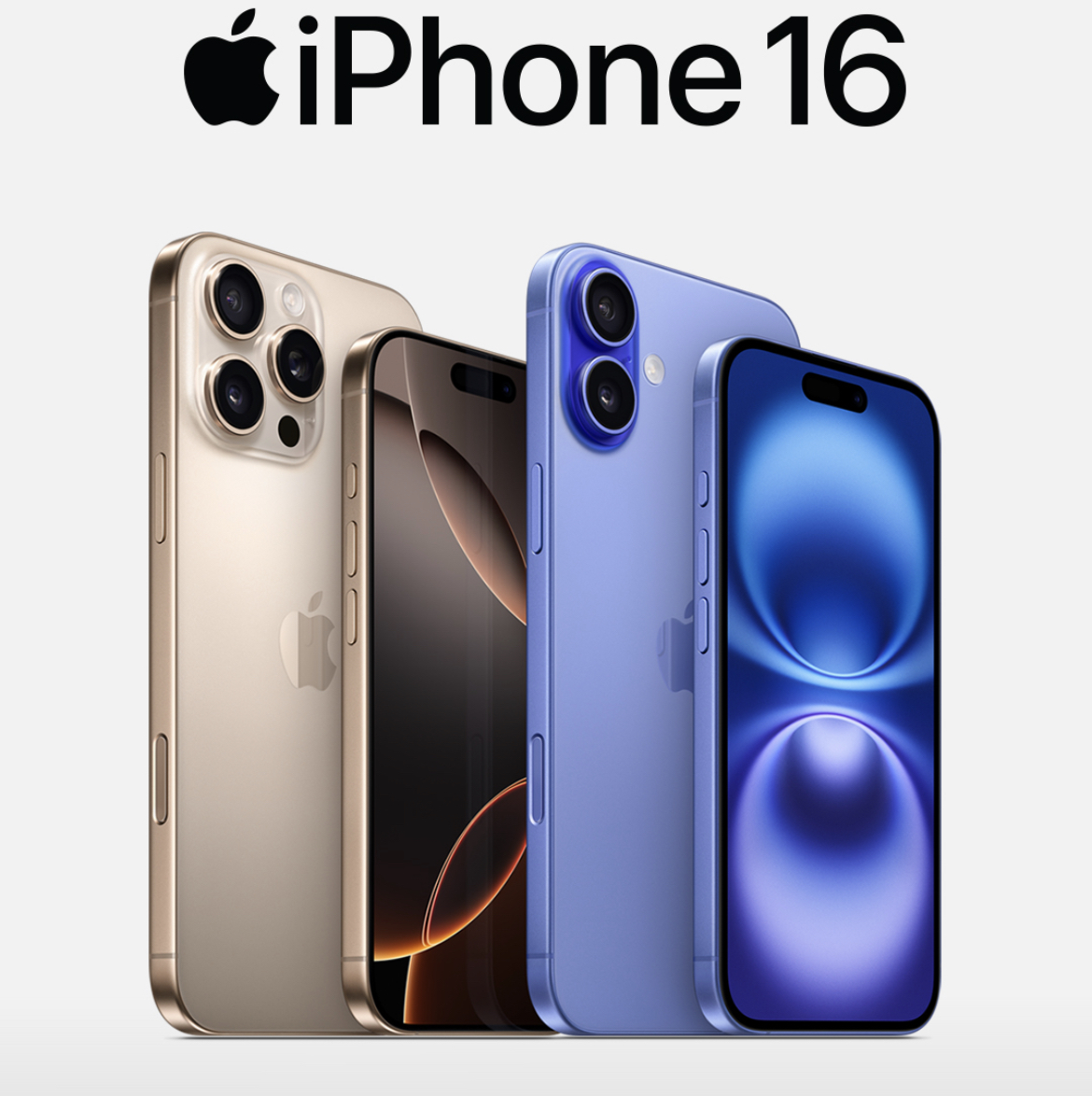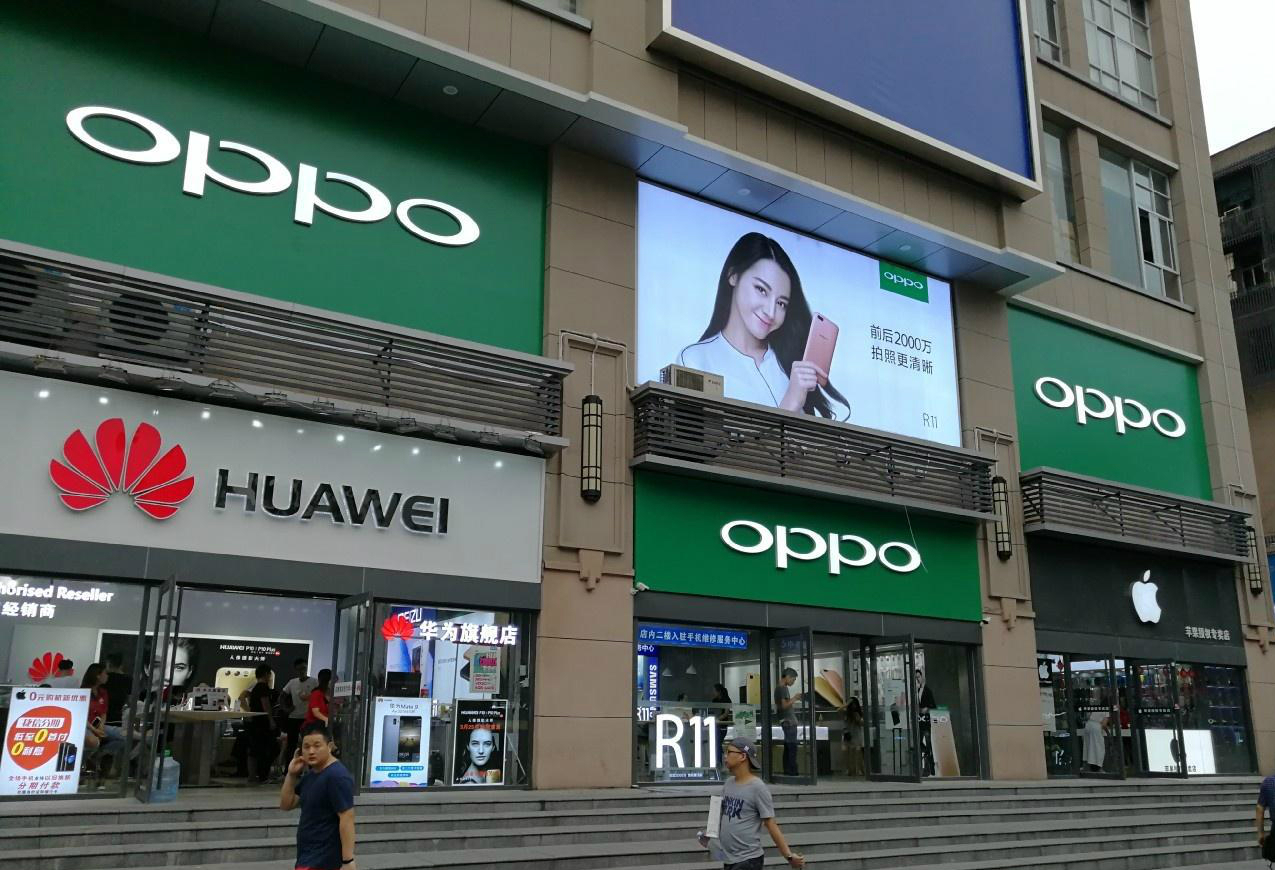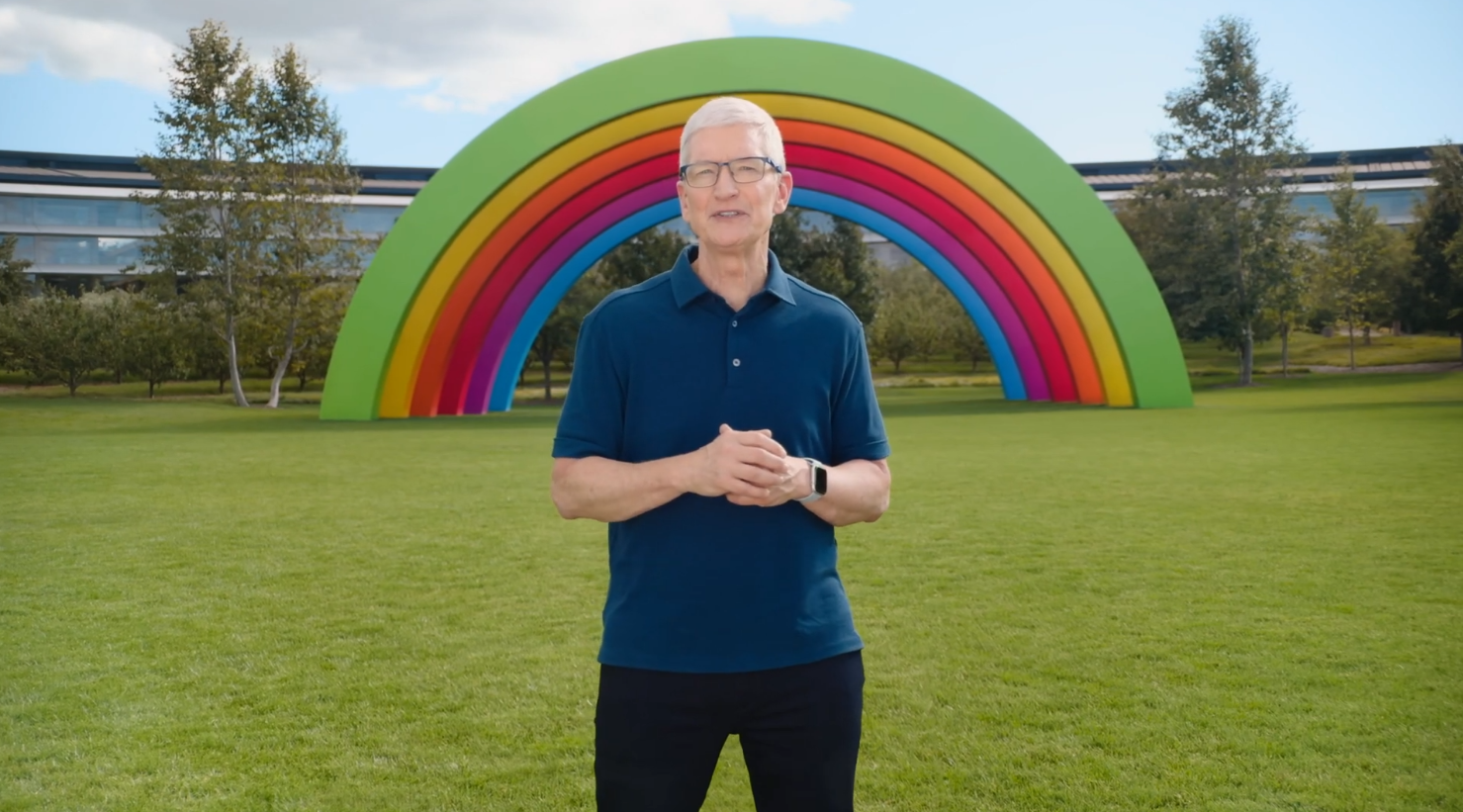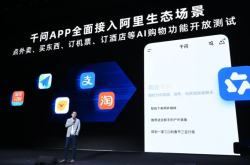Will Consumers Embrace Apple's iPhone 16 Price Drop in 2025?
![]() 01/03 2025
01/03 2025
![]() 760
760
Shortly after the turn of the new year in 2025, Apple launched a promotional price drop on its official website, offering discounts of up to 800 yuan. Specifically, the iPhone 16 Pro and iPhone 16 Pro Max are discounted by 500 yuan instantly, while the iPhone 16 and iPhone 16 Plus receive an immediate 400-yuan reduction. Perhaps aiming to create a sense of urgency, Apple has imposed time and quantity limits on the promotion, which will conclude once stocks are exhausted.

The topic "Apple Suddenly Drops Prices on Official Website" has once again topped trending lists, fueled by a mix of user curiosity and a schadenfreude attitude towards others' successes and failures.
iPhone was once the hottest brand in China's smartphone industry, with long queues of eager buyers for every new release. No other smartphone manufacturer, including Huawei, OnePlus, Xiaomi, vivo, and OPPO, could match this level of enthusiasm. However, Huawei, Xiaomi, and other domestic brands have swiftly caught up and surpassed iPhone in photography, battery life, eye protection, screen quality, and other aspects, while iPhone appears to be resting on its laurels from one generation to the next.
It's crucial to note that the user experience is not as magical as some might believe. As users continue to adopt flagship devices from Huawei, OnePlus, Xiaomi, and other brands, they increasingly appreciate the improvements these brands bring. Meanwhile, iPhone's past advantages are gradually being eroded. In this context, iPhone is no longer a must-have for consumers.
Price drops are a common sales tactic, but as netizens have commented, "If no one buys, the price should drop even further by 800 yuan." With the price drop of the iPhone 16 in 2025, will consumers be swayed once again?
Price Drop: Apple's Familiar Strategy
Most news and trending events typically lose momentum within 48 hours online. After this period, user interest plummets, and with new events overshadowing the old, netizens swiftly forget what transpired before. A year later, those memories fade even further.
According to Guo Jing's observations in the tech circle, a similar iPhone price drop promotion occurred last year. On January 15, 2024, the topic "Apple's Rare Price Drop on Its Official Website" also topped trending lists, featuring similar discounts and promotions as this year, offering up to 800 yuan off and imposing time and quantity limits.
Using the same tactics and strategies, Apple is at it again.
Why did Apple choose this timing? Clearly, it's linked to the upcoming Chinese New Year, less than a month away. Promotions during this period are likely to be more effective in attracting new customers. Apple tried this tactic last year and is continuing it this year. Stability and error avoidance are deeply ingrained in Apple's DNA, and this approach extends to its marketing and sales strategies.
Regarding the perceived "sudden price drop" by outsiders, there's nothing sudden about it. Smartphone manufacturers typically announce new phone launches with much fanfare, but have you ever seen a manufacturer hold a press conference to announce a price drop? Price promotions can potentially damage brand value and are often a last resort, so they're not publicly hyped up.
Relying on price drops to boost sales is not new for Apple. In 2018, following the launch of the iPhone XR series, Apple held four price drop promotions. Since then, for each new generation of products, Apple has repeatedly launched various price drop promotions, including trade-ins, direct discounts on the official website, and discounts on e-commerce platforms like Taobao, Tmall, and JD.com. In some cases, discounts have reached over 2000 yuan for a single model.
Subsequent iPhone models, including the iPhone 11, iPhone 12, iPhone 13, iPhone 14, and iPhone 15, have all featured price drop promotions. While "Apple phone price drop" is newsworthy for the media, it's no longer surprising to users and doesn't warrant a top trending spot.
Apple's Self-Inflicted Wounds
Compared to smartphone manufacturers like Huawei, Xiaomi, and OnePlus, Apple faces significantly less competition. Thanks to the scarcity of the iOS system, Apple users who wish to upgrade their phones can only choose another iPhone. Non-iPhone users, however, have more options.
However, less competition doesn't mean Apple can rest easy. When iPhone innovation stagnates, manufacturers like Huawei, Xiaomi, and OnePlus eagerly seize market share.
According to data from the China Academy of Information and Communications Technology, from January to October 2024, domestic smartphone brands shipped 211 million units, a year-on-year increase of 16.7%, accounting for 84.6% of total smartphone shipments during the same period. In contrast, from January to October 2023, the market share of domestic brands was 78.9%. These figures indicate a further increase in the market share of domestic smartphone brands, likely at Apple's expense.

Apple's true competitor is actually itself. When new iPhones perform well and receive positive reviews, users flock to them, as seen with the iPhone 6 and iPhone X. Conversely, when new iPhones underperform or receive negative reviews, users turn to other brands.
The performance and reputation of iPhones are closely tied to their product quality. After surpassing iPhone in photography, Huawei, Xiaomi, and other manufacturers have also outperformed iPhone in screen quality, eye protection, battery life, and other aspects, making it difficult for loyal Apple fans to stay committed. Without the iOS system, what advantages does Apple have left? Perhaps this is a question Apple needs to answer for its users.
Price drops are a typical sales tactic, but repeated price drops inevitably damage brand value and significantly reduce user loyalty to Apple.
The iPhone has been in the Chinese market since 2009, with over a decade of continuous penetration. Its brand awareness and influence are undeniable. Apple's target audience now includes its long-time users. Recently, a celebrity who had been out of the spotlight for some time posted on social media, revealing that she was still using a three-year-old iPhone 13 Pro. This suggests that there are many users like her who continue to use older iPhone models.
Attracting these long-time iPhone users to upgrade is a challenge for Apple. Price drops are certainly one strategy, but repeated price drops and mediocre product generations make it difficult for users to fall for the same trick again.
Price drops not only hurt older iPhone models but also impact news about new iPhones.
Recently, blogger Technizo Concept shared renders of the iPhone 17 Slim, expected to be Apple's thinnest iPhone yet. To some extent, every leak about Apple's next-generation iPhone affects the previous generation. Good news about the iPhone 17 becomes bad news for the iPhone 16 series.
This is because users may consider waiting for the new iPhone 17 instead of settling for the iPhone 16.

In recent iPhone generations, a common trend in the Apple market has been buying older models instead of the latest ones. For example, consumers buy the iPhone 14 when the iPhone 15 is released and the iPhone 15 when the iPhone 16 comes out. On one hand, trade-ins offer some value for older phones; on the other hand, there's little difference in user experience between consecutive iPhone generations, making it hard to justify the cost of the latest model. Why should users opt for the newest iPhone when they can save money and get a similar experience with the previous generation?
For users genuinely interested in the iPhone 16 series, another embarrassment for Apple is that while the iPhone 16 Pro and iPhone 16 Pro Max offer instant discounts of 500 yuan, patient users who wait another two months may find even better deals. During the 618 shopping festival in 2025, prices are likely to drop even further, proving that early buyers may miss out on savings.
In fact, it's not just Apple; almost all manufacturers are now engaged in price wars and various price drop promotions. Just before Apple's official price drop, a certain smartphone brand also announced price drops of up to 2500 yuan, with even the cheapest models seeing an 800-yuan discount, outdoing the iPhone 16's promotion.
In the past, when smartphones were replacing traditional feature phones, users were very enthusiastic about new models. However, that enthusiasm has waned, and it has become increasingly difficult to convince users to upgrade to the latest model. Without the novelty factor, users only upgrade when they truly need to, and many smartphones now last for over three years, posing a challenge for manufacturers with longer replacement cycles.
Text/Guo Jing, WeChat Official Account: Guo Jing's Internet Circle







